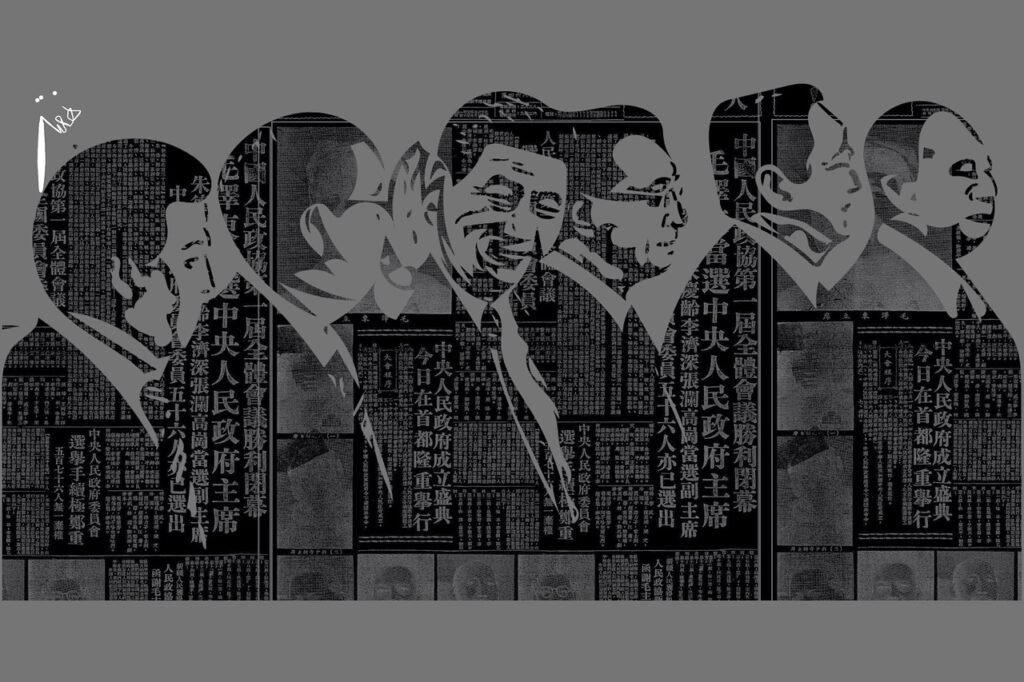
In the backdrop of the Asia-Pacific Economic Cooperation (APEC) forum, prominent U.S. business figures are set to convene with Chinese President Xi Jinping in San Francisco. The dinner, scheduled after a day of discussions between Xi and U.S. President Joe Biden, aims to bolster ties and address challenges faced by China in attracting foreign investment.
Xi, anticipated to deliver a significant speech, seeks to reassure American industry that China remains open for business despite grappling with its first quarterly deficit in foreign direct investment. The event, organized by the U.S.-China Business Council (USCBC) and the National Committee on U.S.-China Relations (NCUSCR), is designed to enhance communication between the two nations.
While the dinner’s primary goal is fostering better dialogue, it raises concerns due to its optics. U.S. firms are expected to pay substantial sums to attend an event featuring a leader from a government accused by Washington of genocide against Muslim Uyghurs—an accusation China vehemently denies.
The USCBC and NCUSCR have not formally announced the dinner, and event notifications indicate that some U.S. companies are uncomfortable paying large sums to engage with a representative of a government facing serious allegations. The dinner’s price tag, potentially reaching $40,000 for a table of eight, underscores its routine nature for past Chinese presidential visits.
Despite the routine nature of such events, some executives are hesitant to attend, citing concerns about the utility for their operations in China and potential political risks. While China has relaxed pandemic controls this year, suspicion toward engagement with Western companies has heightened, aligning with Xi’s focus on national security.
Critics question the appropriateness of the dinner given ongoing human rights concerns, with U.S. lawmakers expressing discontent over companies turning a blind eye to allegations of forced labor in China. The Biden administration, emphasizing the importance of high-level communication to prevent conflict, is actively working to improve relations despite criticisms.
As Xi embarks on his first visit to the U.S. in over six years, the dinner represents a key element of his “reassurance tour.” Business leaders are keen to gauge Xi’s stance on how foreign companies will be treated in China, recognizing the significance of firsthand observation and interaction.








